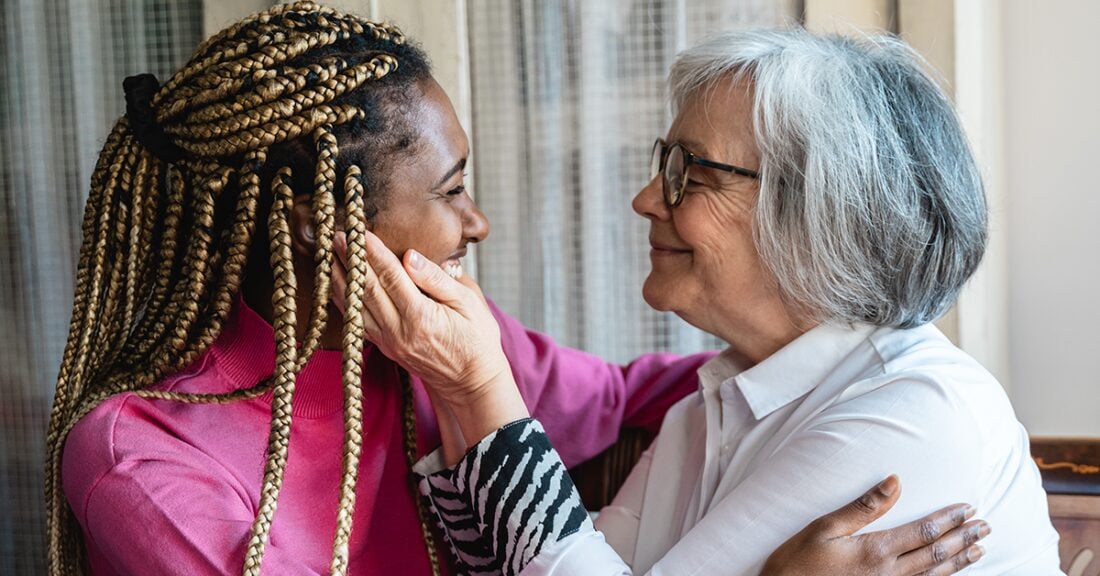Podcast Explores Support for Older Youth Leaving Foster Care

What can child welfare leaders do to ensure young people thrive after they leave foster care? “Fostering a Better Future,” a new episode of the Lemonada Media podcast No One Is Coming to Save Us, explores this question.
Agencies often stop searching for families for older youth, opting to prioritize educational and vocational readiness and access to stable housing and economic resources. However, at this critical time in their lives, young people need the sense of belonging and support that comes from a family and community connections. The episode, funded by the Annie E. Casey Foundation, discusses system-change efforts that can address the needs of older youth. Guests highlight the importance of both preparing youth for success at the same time as helping them develop healthy connections to adult caregivers, birth family and kin.
Listen to “Fostering a Better Future”
Lisa Guillette, executive director of Foster Forward, details Foster Forward’s Real Connections mentoring program and efforts to develop housing for young adults with foster care experience.
Sandra Gasca, vice president of Casey’s Center for Systems Innovation, talks about SOUL Family. The proposed legal permanency option would allow youth ages 16 and older to establish legal, permanent relationships with one or more primary caregivers while maintaining legal ties to their birth families and siblings. Access to a broader network of caring adults and mentors can mean greater support for young people on the path to adulthood.
Young leaders who work with the Casey Foundation’s Jim Casey Youth Opportunities Initiative® have designed a proposal for SOUL Family to be recognized by courts, communities and child welfare leaders.
“Finding, building and strengthening families for older youth in foster care must become a greater priority for child welfare agencies,” says Gasca.
Download “Fostering a Better Future”
Learn more about how young people in foster care are faring





